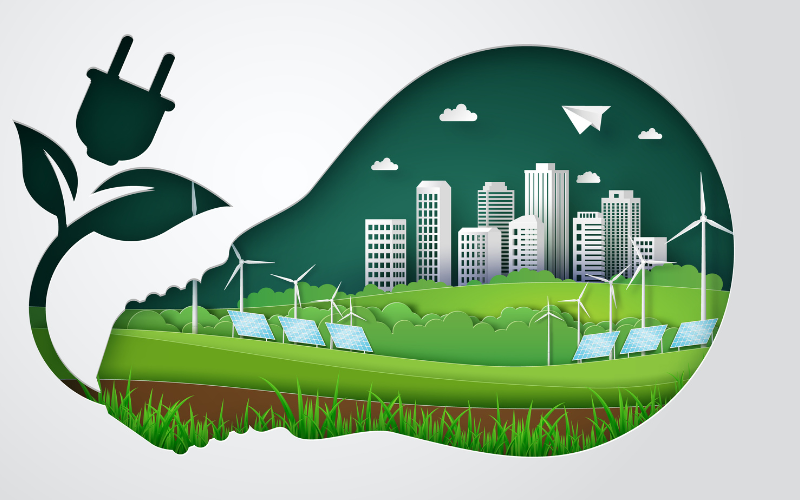Black Entrepreneurs are seizing the Green Transition to actualise economic justice in their communities
By Dominique Williams | February 2025
Black entrepreneurs have identified a unique potential of the green energy transition to provide sustainable economic opportunity for economic justice in Black communities.
.jpg)
The panel consisted of Dr Tamika Jaque, ‘Waters’ Senado, and Brendale Randolph. The opening question asked these entrepreneurs what opportunities lied for the Black community in the green economy. Dr Tamika Jaque spent her career in talent development. Currently she works at Avangrid Technologies, an offshore wind developer. “This is a chance for us to preserve our legacy in the trades,” she said.
She spoke about the recruitment of black young people into the offshore wind sector in her career. The economic benefits of these jobs are tremendous. As skill based workers, they are able to offer their services as private contractors. Due to trade unions, wages are publicly accessible information and are negotiated and fair. Additionally since workers must go out to sea for weeks at a time, they are able to receive overtime for most of the time they spend installing turbines.
While higher wages are key to economic mobility, there are other reasons why trade jobs in the green sector can enact lasting change for black families. She gave an anecdote of a young woman who was able to purchase a house in her mid-twenties closing a generational wealth gap that often locks people of color out of lasting equity for their families. These trades also have relatively lower barriers of access compared to expensive four year college degrees. Dr Jaque explained that unlike other established industries in which communities of color are under-represented, climate change is growing and ‘not going anywhere’. Therefore the Black community can use the trades to unleash new economic opportunities.
But the just transition is about more than economic justice, Waters demonstrated with his own company. A just transition combines social, psychological, and environmental needs. His ideas on circular economies ask us not only how we steward our space and environment, but also our communities. Aiming at producing eco-friendly affordable housing for low wage workers such as teachers and nurses. He’s also thinking of the other needs of the community such as access to gyms and healthcare services.
.jpg)
Waters recognized that most Massachusetts residents already pay a monthly energy bill. Under his proposed circular economy model, amenities that enhance residents’ quality of life could be subsidized “all from paying [their] light bill.”
One of the most alarming statistics of our time is the lack of wealth accumulation in Black communities. It is estimated that a Black family retains 13 cents for every dollar of wealth accumulated by a white household. The green economy is one of the most rapidly growing sectors in terms of investment. Therefore for the Black community, the green transition has the potential to alleviate decades of environmental racism while simultaneously injecting new economic growth to disadvantaged households.




